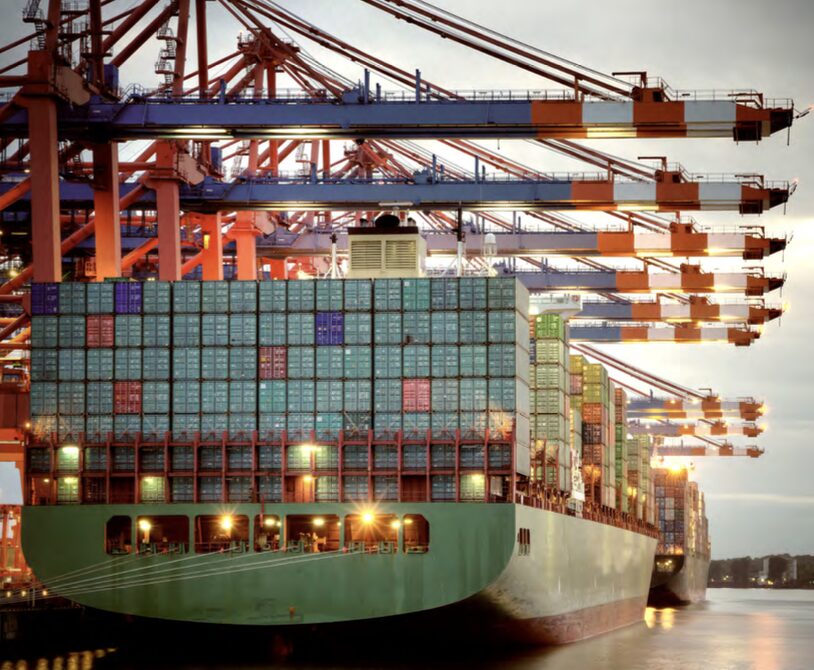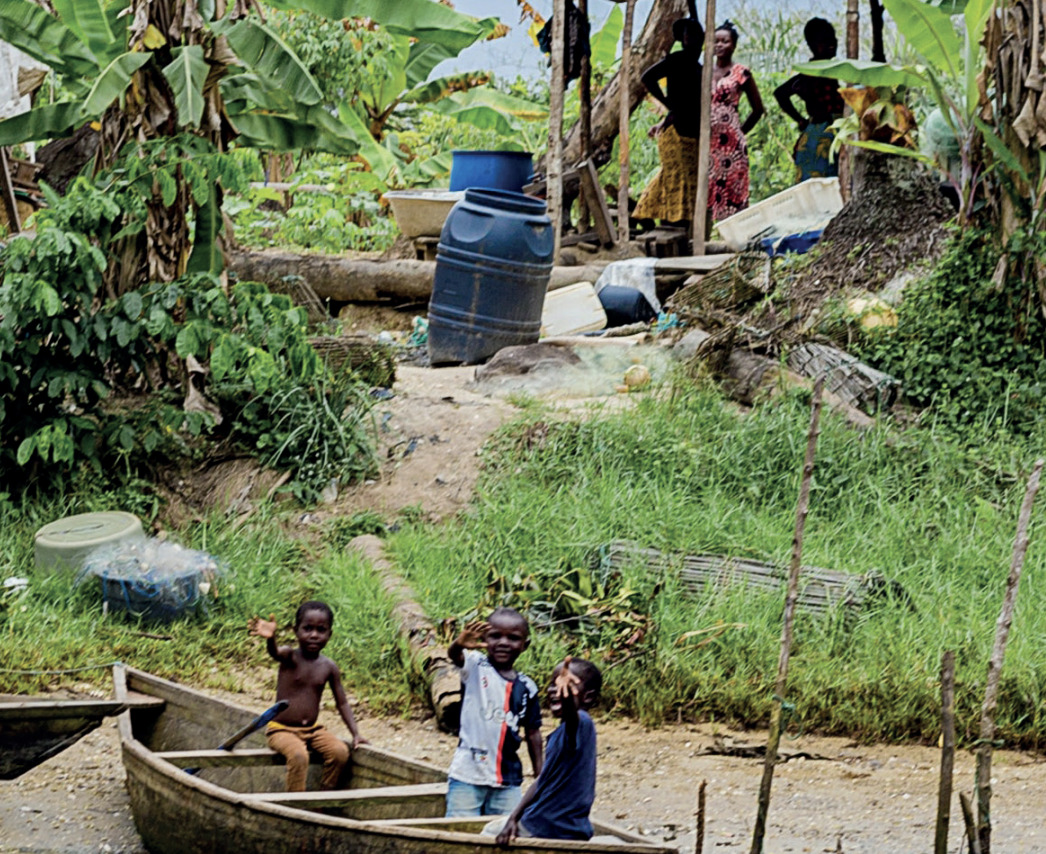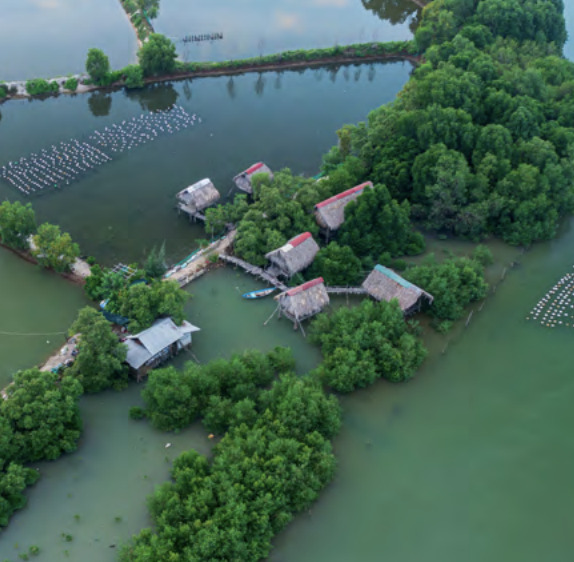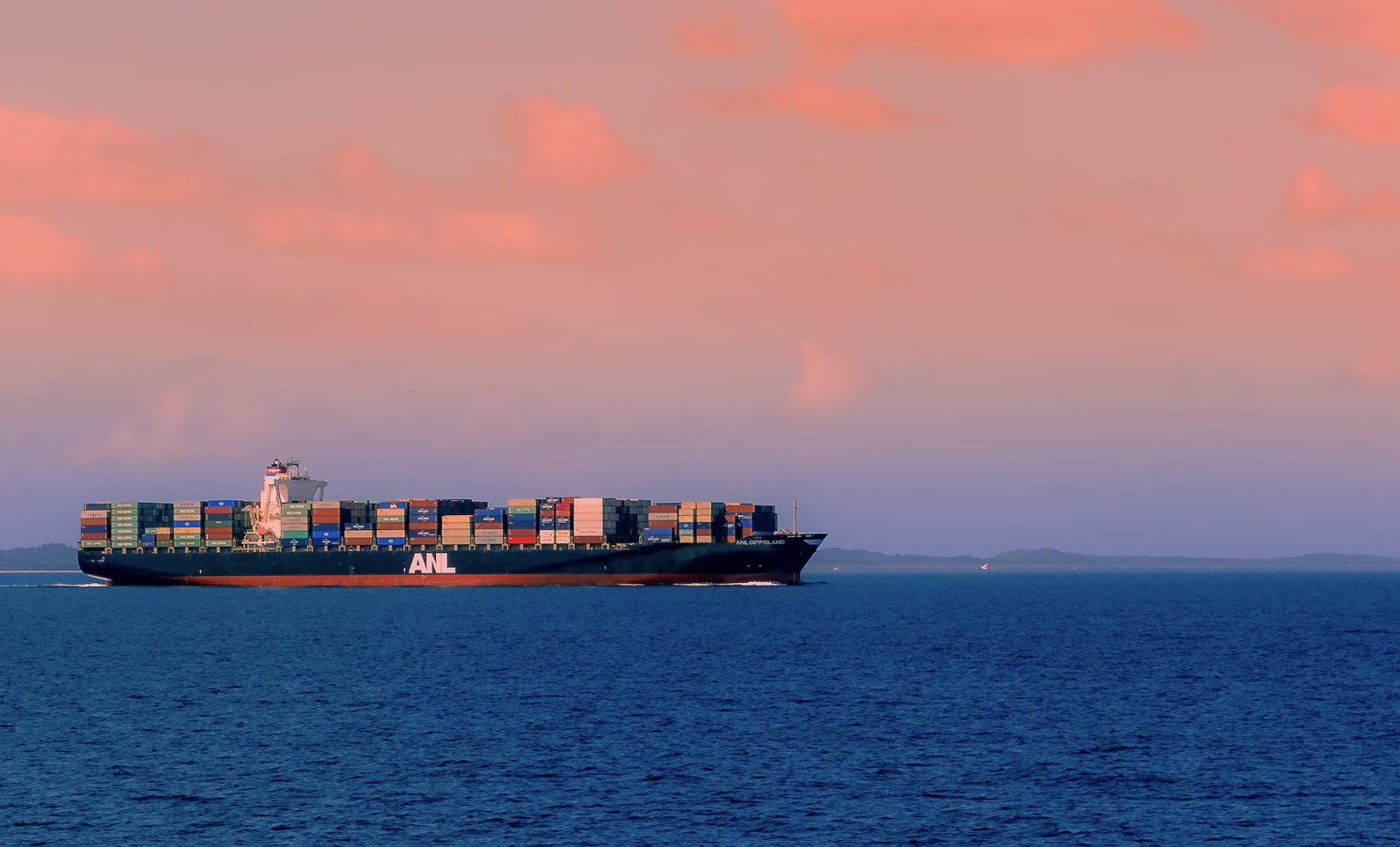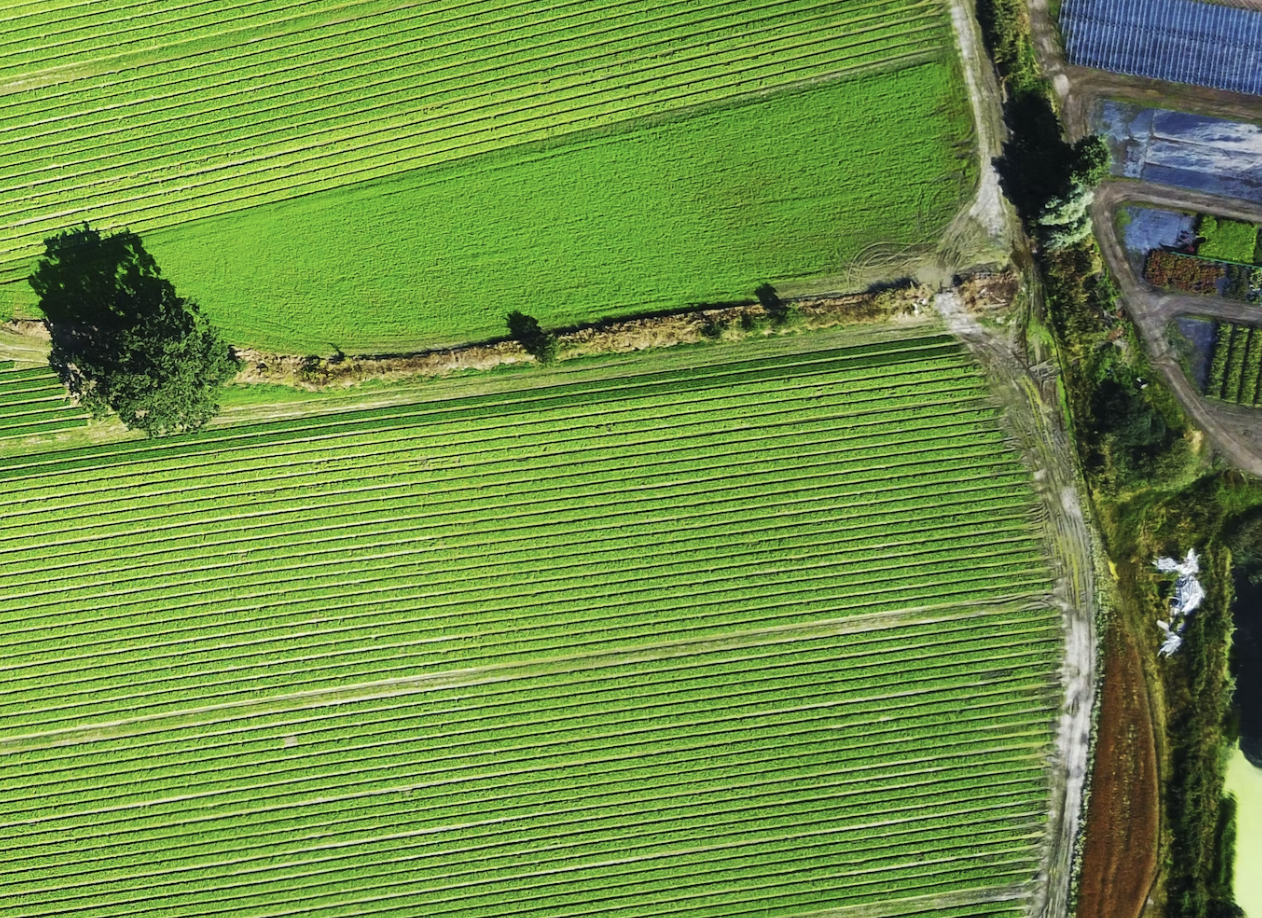Research & Evidence
Research and Evidence
Policy-driven analysis on transboundary climate risk
Robust and relevant research and analysis on transboundary climate risk is key to driving policy change. The Adaptation Without Borders partnership creates and curates state-of-the-art knowledge on cascading climate risks – both conceptual and empirical – to deepen the evidence-base for policymakers and practitioners.

From the Partnership
White Paper on European Climate Risk and Trade in Europe
This Adaptation Without Borders white paper explores the main barriers that are currently hindering business actions on adaptation and the role of public policies in creating an enabling environment that will accelerate investments in adaptation solutions and scale up their deployment.
Policy mechanisms of the African Union and the Regional Economic Communities to manage transboundary climate risks
Take a deep dive into dive into African Union (AU) policies and programmes and those of four regional economic communities (RECs) in this report by the Adaptation Without Borders partnership. Learn about the political economy of transboundary climate risks and their management within existing continental and REC climate, economic, trade, infrastructure and people-centred policies and programmes.
Developing guidance on managing transboundary climate risks in adaptation and sectoral planning
Explore how we can move from prototype to fully operational (and widely deployed) guidance on mainstreaming TCARs within policy and practice in this concept note. It sets out several key considerations for developing credible and salient guidance on TCAR risk management in support of NAPs, regional adaptation planning and other climate policy planning processes.
Assessing transboundary climate risks under the UNFCCC Global Stocktake
What are the scientific, technical, political and procedural barriers to including transboundary climate risks in the UNFCCC Global Stocktake? This brief seeks to redress the “transboundary gap” in the next Global Stocktake and emphasise the need for international cooperation for climate action.
Entry points for integrating transboundary climate risks in the global goal on adaptation
Explore entry points for integrating transboundary climate risks in the global goal on adaptation framework in this Adaptation Without Borders discussion brief. The analysis considers a range of options, taking into account the stages of the adaptation cycle and themes to be covered by the framework.
A Roadmap for African Resilience
Explore proposed key actions towards realizing an ambition of the African Union Climate Change and Resilient Development Strategy and Action Plan (2022–2032) to “Enhance coordination between the Regional Economic Communities and Member States in addressing and managing transboundary and cascading climate risks” in this Adaptation Without Borders roadmap.
Other Articles of interest
Cascading climate risks: strategic recommendations for European resilience
Why do cascading climate risks matter in a European context? This report describes a set of 21 recommendations on how to build resilience in Europe and globally to cascading climate risks.
Transboundary Climate Risks and the National Adaptation Planning Process
Learn about how the National Adaptation Planning (NAP) process can play a role in addressing transboundary climate risks in this brief, targeting adaptation practitioners, policy-makers, and negotiators.
Contesting legitimacy in global environmental governance – An exploration of transboundary climate risk management in the Brazilian-German coffee supply-chain
Explore the ways in which transboundary climate risks are being governed across a Brazilian-German coffee supply chain in this journal paper. Learn about the five distinct governance pathways identified, which are each underpinned by a distinct operationalization of legitimacy.
Policy discussion brief: the role of businesses in climate adaptation
Discover key considerations and opportunities for business-led adaptation, and learn about the enabling role of governments, international agreements and the financial sector in this policy brief.
Nordic perspectives on transboundary climate risk
Explore the cross-border risks faced by Nordic countries, the extent to which they are already recognised, and possible ways to respond to them in this report. The analysis draws on a literature review, an analysis of trade data, and interviews with stakeholders from national authorities, industry and research institutions.
Just transition for climate adaptation: A business brief
Learn about how businesses can adapt to minimize climate change risks and impacts in a just and equitable manner; and discover recommendations for ensuring just and resilient supply chains and business operations.

